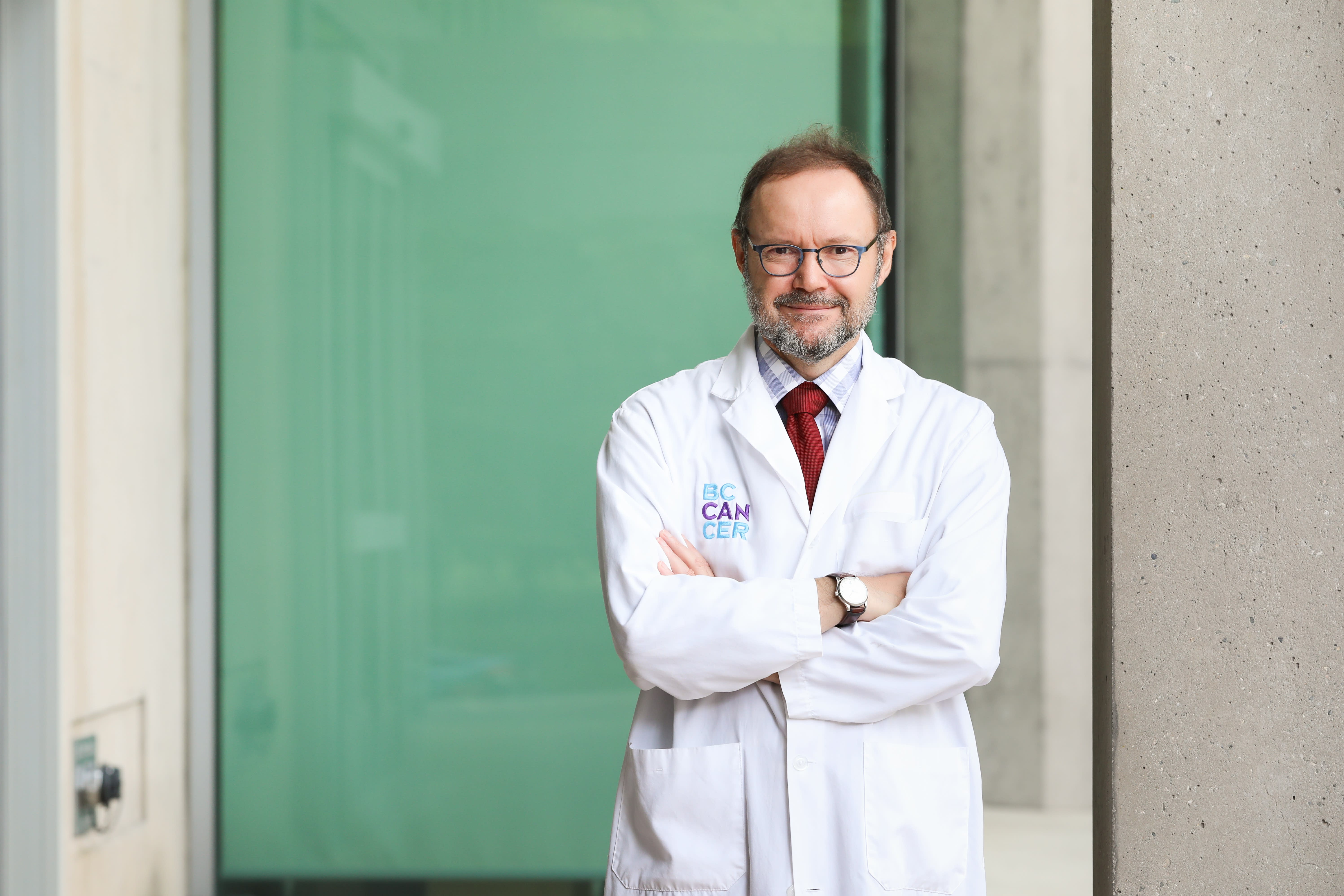We have good reason to be optimistic for the future of cancer outcomes
June 3, 2019
Found in General, Innovation
A large part of my role as Regional Medical Director in the Interior is to look ahead and ensure our patients have access to the best treatments and outcomes possible. With a world-leading clinical team and a generous donor community, I see a lot of promising things on the horizon.
We face an ever-increasing burden with the incidents of cancer estimated to increase by 40% over the next 15 years.
However, at the same time, we are increasingly changing the cancer outcome into a disease that is lived with. This means the amount of cancer services needed in the region is also growing by around 5% per year. How does the system ready itself for that work and those patients? We work to renovate the cancer system.
BC Cancer – Kelowna is reaching its capacity to serve the Interior region, which offers exciting opportunities. We need to do more and provide care differently than we did in the past.
We’re committed to developing solutions and, with donor support, we feel optimistic.
Genomics is the future of cancer treatment
In 1940, patients had about a 25% cancer survival rate of living for 5 years and today that number is higher than 60%. In some cancers, like prostate cancer, it is more than 90%.
We’ve come a long way but there is a lot of room for improvement and genomics will play a big part in that.
We’re working towards a future where we’re able to test a patient’s blood to understand their cancer on a much more fulsome level. This will enable us to custom tailor their cancer therapy much better than we can today.
It will also allow us to evaluate treatment more quickly. Right now, we wait and watch for treatment results. Being able to use a blood test to evaluate in real time means we may be able to stop therapy sooner and reduce side effects, or transition immediately to a different therapy if treatment isn’t working while the cancer is still vulnerable.
People will live longer, better lives
We have challenges ahead of us in the Interior and I want us to have solutions.
I would love to collaborate with partners at UBC Okanagan, the UBC Southern Medical Program (medical school), Interior Health Authority and so on.
When I look down the road, 10 years from now, I hope to see many more people surviving their cancer and being cured. I hope to see those who are not cured living longer and better lives. I hope to see cancer become less feared.
Whether that is through the confidence in BC Cancer or from all the stories of positive outcomes, I want the public to be reassured that not everyone who gets cancer will die from it.
Thanks for reading along.
Dr. Ross Halperin


